
Marketing Information Management for Professionals: What it is and Why it Matters?
- 11 Min read
In our digital world, we’ve lost touch with the value of collective knowledge. It used to be that if you wanted to learn something new, you had to find someone who knew it first.
Today, everyone has access to large amounts of information, thanks to the internet, companies such as Google and Apple, and social media platforms, such as Facebook, LinkedIn, and Twitter.
Collective knowledge is valuable because it helps you make sense of the world around you. That can help you become smarter and more productive.
Find out why collective knowledge matters, and how you can use it to your advantage.
When a large number of people share their knowledge and expertise, it’s called collective knowledge. It’s a way to share information and ideas to achieve what we want. This can be done by sharing our experiences, thoughts, feelings, opinions, and beliefs.
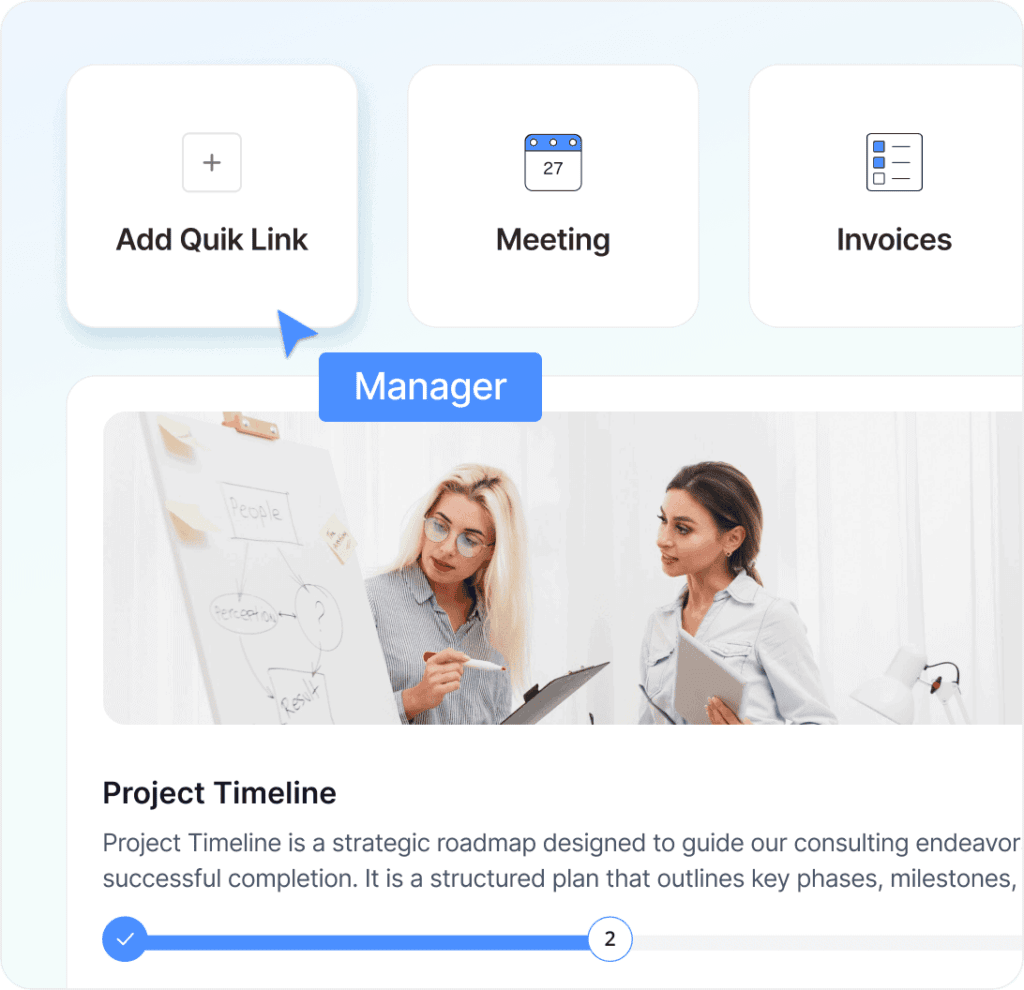
Collective knowledge is the total of all human experience and wisdom. It’s an accumulation of knowledge, understanding, and interactions with the world. The more we interact with the world, the more we accumulate knowledge.
This knowledge becomes collective because we share it with each other. This means when we speak collectively, we are speaking from the accumulated experience of humanity.
To communicate effectively, we need to understand how collective knowledge works. To do this, we need to understand the difference between individual and collective knowledge.
Collective knowledge is an important tool because we learn from each other. When we share our experiences, we help each other grow. When we share our thoughts, we create a common understanding. The more we share, the better we become.
Collective knowledge matters for many reasons.
When you share your experiences, thoughts, and opinions with individuals or a group of people, you expand your knowledge. The more you share, the more you learn. This is called social learning. Social learning allows you to develop skills faster than you could alone.
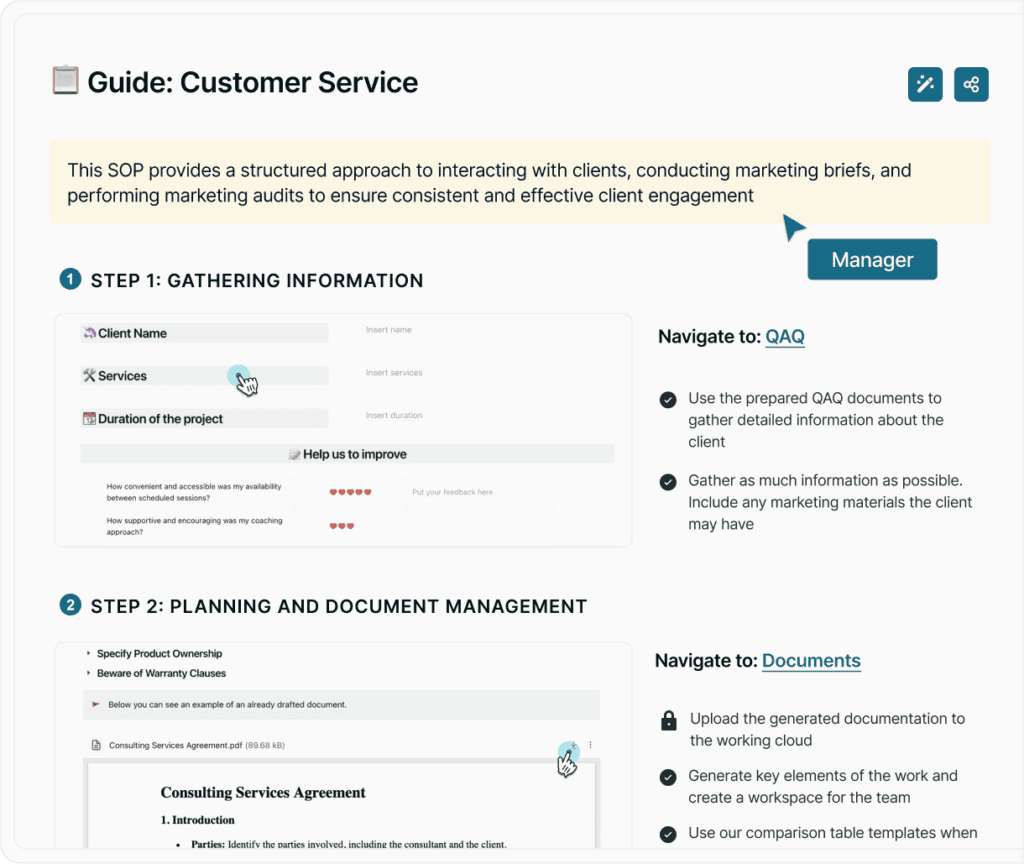
You use collective knowledge to solve problems. When you share your knowledge with others, you can work together to come up with solutions. You can learn from other users’ experiences and collaborate to get things done.
When you have a large scope of information to review, you can compare options and choose the best one. You can scope tasks to be completed and look at the pros and cons of various choices. You can weigh the costs against the benefits.
Collective knowledge helps you innovate and have a high bias towards action. By sharing ideas, you can discover new ways to complete assignments and solve problems.
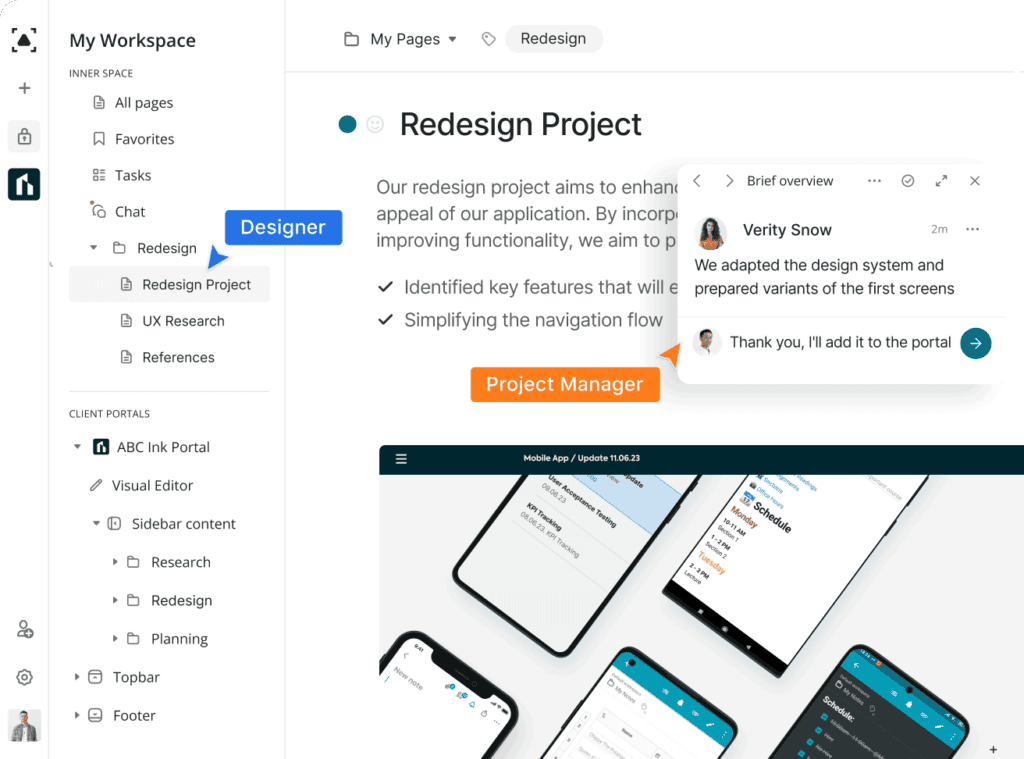
Collective knowledge can keep you focused. When you share your ideas, you don’t lose track of what you were doing before.
This is why collective knowledge matters. It helps you solve problems faster, improves your skills, and you can become a better leader. You can leverage the collective wisdom of others when you share your ideas and experiences.
Here are a few examples of platforms or companies that leverage collective knowledge.
These are some examples of collective knowledge. There are many more sources available to you.
When you share your ideas with others, you build upon each other’s work, learn from each other’s mistakes, and create a stronger collective body of knowledge.
Collective knowledge offers many benefits.
When you share your knowledge with others, you become more efficient at work and better at solving problems. This allows you to get more done in less time.
When you share your thoughts with others, you gain insight into what makes decisions effective. This helps you make better choices about things such as which projects to take on, whether tasks crowdsourcing is a smart option, which products to buy, and which companies to invest in.
Sharing your knowledge with others creates opportunities for collaboration. When you collaborate, you can come up with solutions together. This helps build trust and improves communication between team members.
If you want to understand something, you often need to look at it from different angles. By looking at a topic from multiple perspectives, you can gain a deeper understanding of it.
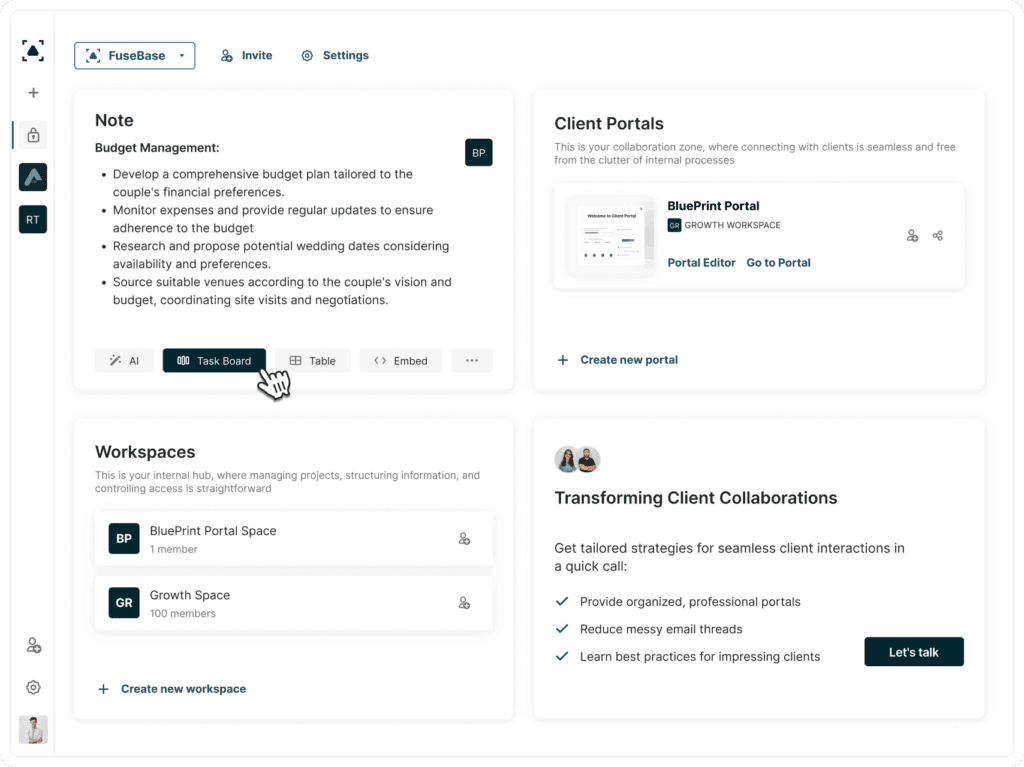
When you combine ideas, you can generate novel insights and improve your creativity. When you share your ideas, you inspire others to come up with innovative solutions. For example, when working with experts on tasks, you may think of different ways to complete them faster and easier. You can learn from other’s suggestions to improve your creativity.
You use your intuition to guide your actions. Sometimes, however, you don’t know whether you’re right until you try something. If you ask others for advice, you can get feedback that will help you decide whether you should act on your instincts or wait before taking action.
When you share your experiences with others, you can learn from their successes and failures. This gives you a greater appreciation of the challenges faced by others. You also learn from the mistakes made by others. This helps you avoid repeating those errors.
When you share your interests with others, you can enjoy yourself while doing good. You can connect with others who share your passions and interests. You can also learn new skills and develop new hobbies.
To use collective knowledge effectively, you need to:
FuseBase offers these features, which makes it easy to have a collective knowledge hub. With FuseBase, you can:
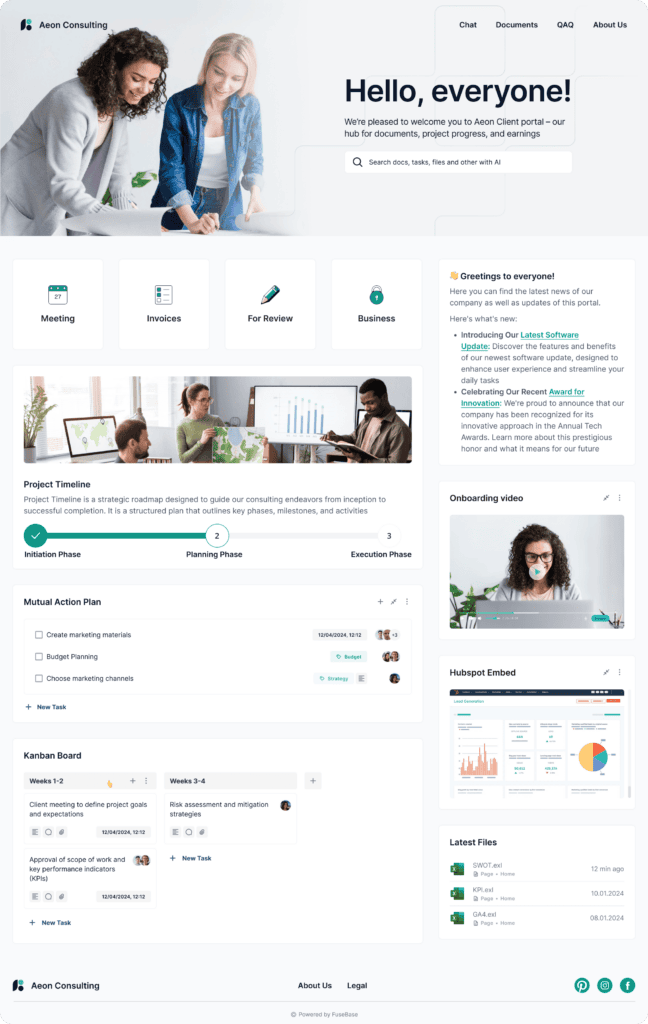
Generate a Collective Knowledge with FuseBase
In conclusion, the internet has made collective knowledge available to everyone. It hasn’t always been this way. Thanks to the internet, you can share that information with each other. You can take collective knowledge into consideration when you’re looking for answers online.
Now more than ever, you can benefit from the exchange of ideas, experiences, opinions and the collective knowledge of others.
If you found this article helpful, please share it so others can benefit too.
You will find out how FuseBase can help you in building a superior knowledge base here.
Found it useful? Share the article with your community
Get weekly tips and insights on how to grow your business